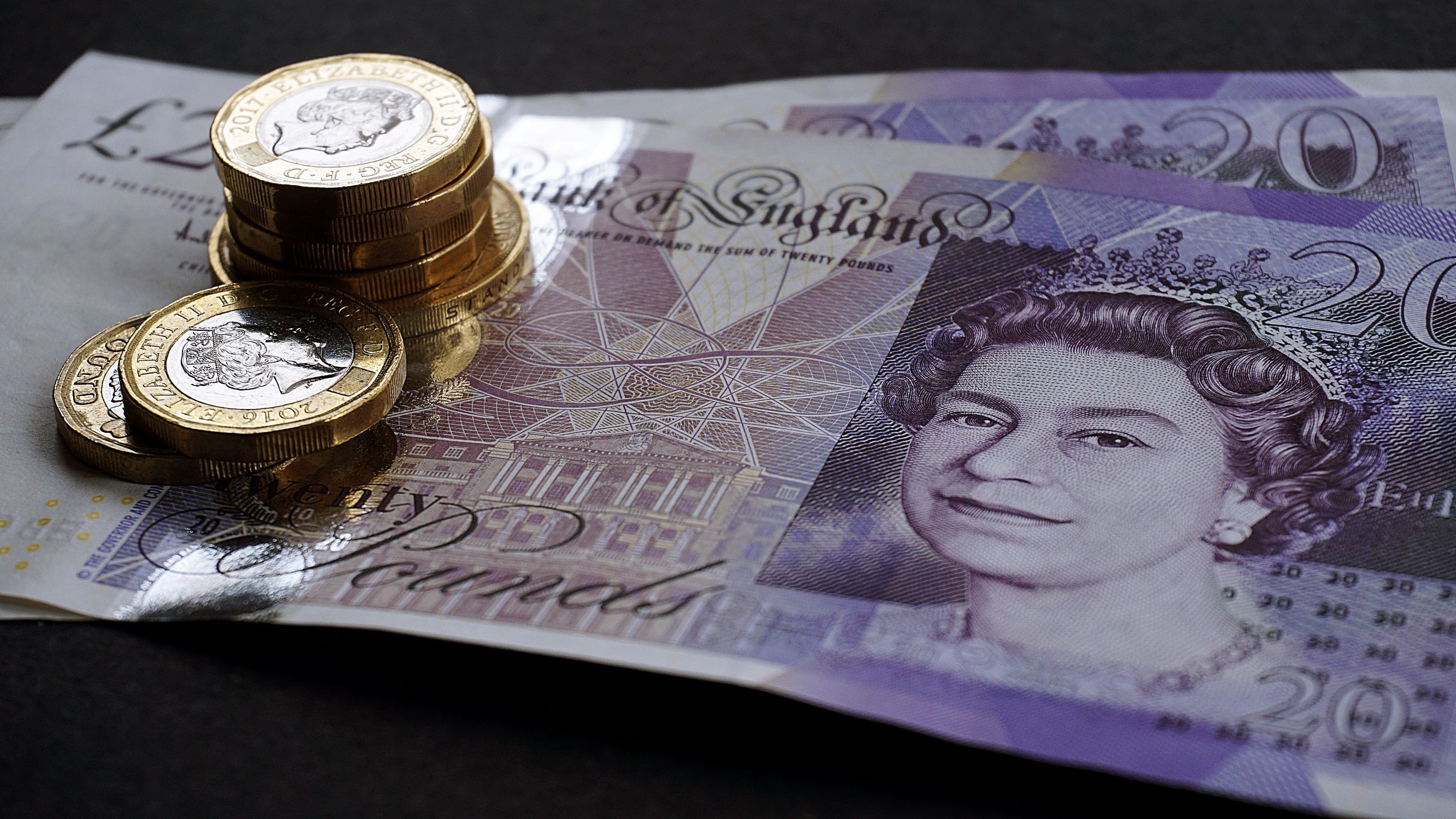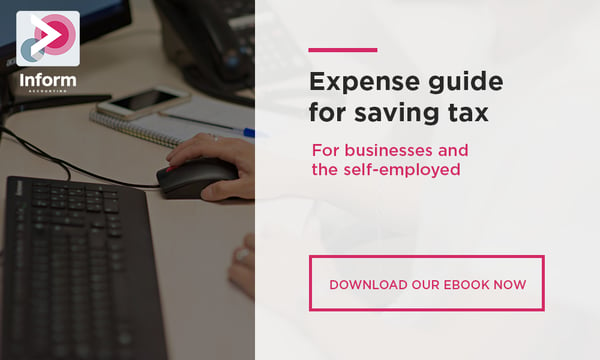BLOG
Take on the tax year and win: Five ways to make your money go further...
 By the time the end of the tax year swings round, a mad panic often ensues - with taxpayers keen to ensure they’ve squeezed every last drop out of various allowances and exemptions to keep liabilities to a minimum.
By the time the end of the tax year swings round, a mad panic often ensues - with taxpayers keen to ensure they’ve squeezed every last drop out of various allowances and exemptions to keep liabilities to a minimum.
But to truly optimise your annual tax efficiency, it’s vital to plan ahead - and not leave things until the last minute.
With that in mind, here are five things you should be considering right now, in order to make your money go further in this and future tax years…
1 Maximise your personal allowance
The most obvious way to achieve tax efficiency is to ensure you make full use of your personal tax allowance. As you’re probably already aware, income of up to £12,500 can be taken tax free each year - whether that income is from employment or from a pension.
Fewer people realise, however, that further free tax allowances are available on dividends, savings interest and some property-related income.
What’s more, you may be able to extend your personal allowance further if you currently claim the Marriage Allowance.
Under the Marriage Allowance, your partner can transfer up to £1,250 of their unused allowance to you, if you earn more than they do. For the basic-rate taxpayer, this move can effectively save you £250 per year.
2 Gain tax relief on charitable donations
Donations to charity are subject to tax relief when you donate either through Gift Aid or straight from your wages or pension via Payroll Giving.
Through these schemes, the charity claims the standard 20% tax relief on your behalf to make the donation go further - but if you’re a higher rate tax payer, you can claim back the difference between the tax you’ve paid (40%) and what the charity has claimed (20%).
Effectively then, cash donations to charity extend the basic rate tax band, increasing the threshold for the amount of income that can be taxed at the basic rate.
This tax relief can be claimed through your Self Assessment tax return. If you don’t complete an SA100, you’ll need to notify HMRC of your donations separately.
3 Utilise your Pensions Annual Allowance
For the tax year 2019-20, the Pensions Annual Allowance allows you to claim tax relief on pension contributions up to £40,000.
Tax relief is paid at the highest rate of income tax you pay, so basic rate payers get 20% relief, higher-rate taxpayers can claim 40% relief, and additional-rate taxpayers receive 45% relief.
Any pension contributions above the £40,000 figure would be taxed at your usual income tax rate (basic, higher or additional).
It’s worth noting though, that even if you don’t pay income tax (because your income falls below the threshold), you can still claim 20% tax relief on pension contributions.
This can make it a highly efficient way of saving money for your future, but its feasibility will depend on your circumstances. Expert advice should always be sought to make the most of your pensions allowance.
4 Seek out tax efficient investments
For those seeking to maximise tax efficiency on their investments, schemes such as the Enterprise Investment Scheme (EIS) and Venture Capital Trusts (VCTs) are most worthy of consideration.
These schemes, and other variants, offer tax relief in the region of 30 to 50% - but each is subject to its own rules, limits and eligibility criteria.
More straightforward savings can be achieved through the likes of an ISA, which are not subject to income tax, and also offer a range of reliefs and incentives.
5 Make the most of Inheritance tax exemptions
While the mere mention of inheritance tax can be enough to rile many, it’s worth knowing that there is an annual exemption which allows parents to gift up to £3,000 to their children tax-free.
If you haven’t made use of this allowance to date, you’ll actually be able to give £6,000 away without inheritance implications - as you can carry over your unused allowance from the previous tax year.
Note that you can only ‘roll over’ one year’s allowance, regardless of how many years you’ve missed. Ordinarily then, £6,000 will be the maximum you can give away tax-free.
However, further exemptions do apply for wedding gifts - enabling a parent to give an extra £5,000 to a child in the year they get married, on top of the regular allowance.
Getting your tax affairs in order…
With a vast array of exemptions and allowances available to the everyday taxpayer, there’s no shortage of ways to make sure your money goes a little further each year.
But making the most of these opportunities relies on getting your affairs in order - not scrambling around as the end of the tax year looms.
If you’d like to speak to our experts about tax-efficient strategies, just give us a call on 0121 667 3882 or email us at hello@informaccounting.co.uk
Read more of Inform's tax blogs:
Choosing the right eCommerce accountant for your business
It's that wonderful time of the year...for fraudsters to pray on taxpayers!
Paying yourself a salary: What are the most tax efficient options for limited company owners?
Four key cashflow issues that could cripple your business (and how to avoid them)...




.jpg?width=1500&height=1000&name=amy-hirschi-K0c8ko3e6AA-unsplash-(5).jpg)

